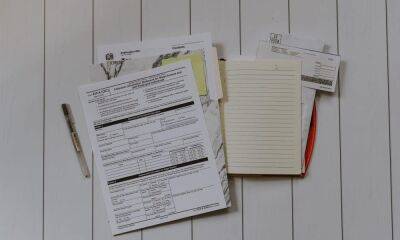How a new cold wallet model may solve the mnemonic phrase dilemma
Part of the fear that first-time users experience when using cryptocurrencies is the security of their assets. Unlike fiat currency, which can be stored in a physical wallet, digital currencies must be held in the lesser-known digital wallet. What’s more, with the growing adoption of blockchain technologies, hackers are finding digital wallets an increasingly appealing target. Unfortunately, when it comes to security, cryptocurrency users must learn not only how to protect their assets, but also ensure that their passwords and mnemonic phrases aren’t lost or stolen.
By definition, a mnemonic phrase — also known as a seed phrase — is the simplest way to recover a lost private key. The multi-word secret recovery phrase then becomes the master key that generates all the private keys for users’ wallets, which provides access to their crypto funds. Each crypto address in a user’s wallet has its own unique private key, which is necessary to authorize transactions and confirm ownership over the assets stored in that wallet.
Unfortunately, the double-edged sword of this is that anyone who gains access to the recovery phrase can easily clone a user’s account and spend all the funds in it. Therefore, part of the first-time-user fear of using cryptocurrencies is in how to guarantee security and privacy at all times.
For this reason, many users protect their seed phrases with encryption, adding a word to them, dividing their multi-word seed phrase into parts, or storing parts of this recovery code in different places. However, these methods are not perfect and, on the contrary, are rather inconvenient. Since humans are not perfect, make mistakes, and tend to seek only the easiest solutions, maintaining seed phrases becomes a major
Read more on cointelegraph.com


















